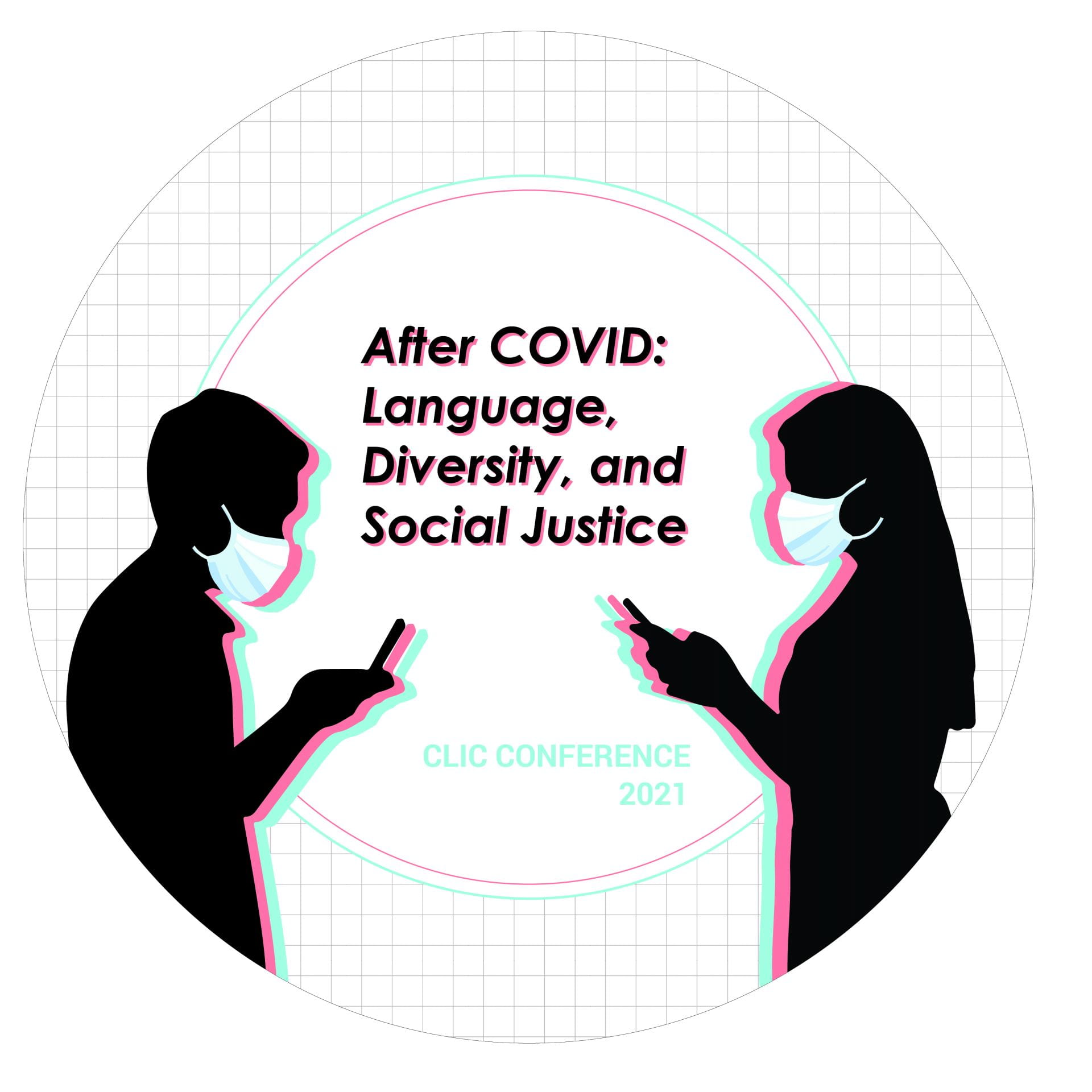COVID-19 as a stratifying feature – mobility trajectories of international students and (new) teachers
Manuela Vida-Mannl, TU Dortmund University
In this talk, I explore the interrelation of social stratification and the utilization of English during the COVID-19 pandemic in two multilingual and highly mobile fields: higher education and tourism. Internationalized higher education and tourism both predominantly rely on the English language to publish information and attract their paying clientele. In their increasingly global and diverse respective orientation, the English language represents a key factor; the mere mentioning of English as a possible tool of communication or a medium of instruction used to multiply the number of prospecting students or visitors exponentially (cf. Heller 2010; Park & Wee 2012; Phipps 2007). However, in the course of the COVID-19 pandemic, these mobility trajectories are altered, as international students and tourists are often not allowed to execute the expected mobility and universities and tourism workers are faced with a lack of paying customers.
I will present findings from two projects – one completed and one in progress – and compare them with respect to the impact the COVID-19 pandemic has had on them. Based on 200 questionnaires and 23 qualitative interviews of international students in both parts of Cyprus (Vida-Mannl fc.), I show the effect of student mobility on the social structures the students (used to) find themselves in and find that, especially in Northern Cyprus, incoming international students are a major economic factor for local businesses. Consequently, these students often face an ambivalent standing between being welcomed and being excluded in local social structures. Furthermore, I will assess how mobility trajectories are altered due to the spread of COVID-19 and find that universities still depend on their international students to enroll and pay for their English-medium study programs. The fact that, currently, international students are often not allowed to exit their home country or to enter Cyprus causes repercussions for the universities as well as for the students, who themselves were aiming at their social advancement by attaining an English-medium university degree (Leung 2017). While in this case, both parties appear to have little choices but to digitalize higher education and to wait for the pandemic to pass by, in the other context under investigation, i.e. tourism, local tourism workers in Croatia have chosen to react differently.
Based on 25 extensive qualitative interviews with tourist workers in Northern Croatia, I will assess the repercussions of COVID-19 on their professional and social structures. I find that, although tourists are able to visit Croatia in considerably lower numbers than before the pandemic, tourist workers appear to take measures in dealing with the development. While some, of course, have chosen to sit tight until the pandemic is over, other have chosen to be mobile themselves. However, this mobility is social rather than geographical, as some Croats who used to work in the tourism sector have decided to enter the educational system and become teachers while waiting for tourism to recover. Consequently, the COVID-19 pandemic has influence social stratification in both places: While it has enlarged educational offers in Croatia’s by prodcing new teachers, it has limited these offers in (Northern) Cyprus by taking away international students’ global mobility and, with that, their chance for social advancement.
References:
Heller, Monica (2010). The commodification of language. Annual review of anthropology, 39, 101-114.
Leung, Maggi W. H. (2017). Social Mobility via academic mobility: reconfigurations in class and gender identities among Asian scholars in the global north. Journal of Ethic and Migration Studies, 43(16), 2704-2719.
Park, Joseph S. & Wee, Lionel (2012). Markets of English – linguistic capital and language policy in a globalizing world. New York & Abingdon: Routledge.
Phipps, Alison (2007). Learning the art of linguistic survival: Language, tourism, life. Clevedon: Multilingual Matters.
Vida-Mannl, Manuela (fc.). The value of the English language in global mobility and higher education: An investigation of higher education in Cyprus. London: Bloomsbury Publishing.

